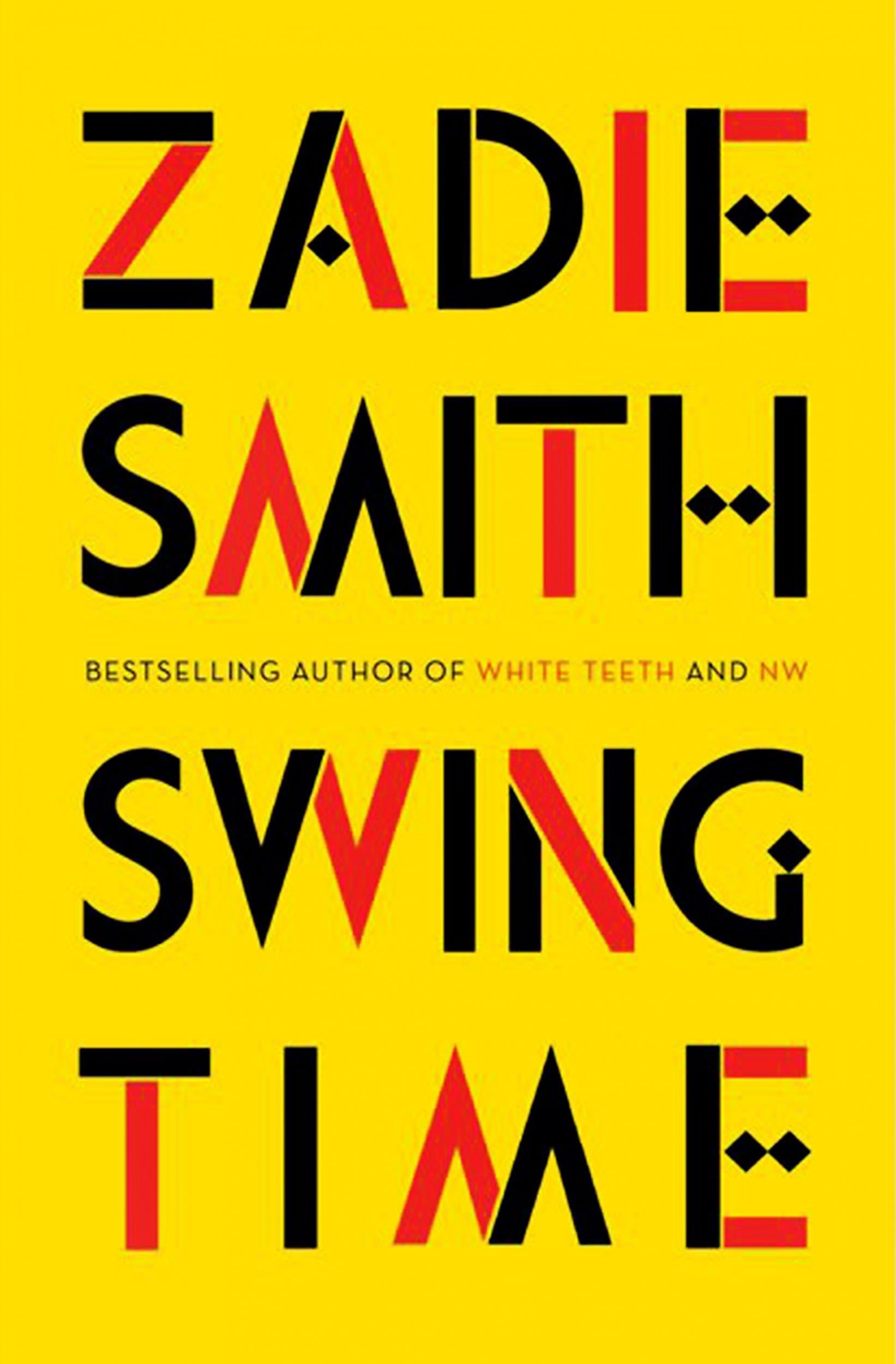Swing Time by Zadie Smith, review: A mature Smith on race, class and a cosmopolitan modernity that doesn’t quite let everyone in
The latest novel from the White Teeth and On Beauty author, moves from north-west London to West Africa

With themes including growing up mixed-race in 1980s north-west London and celebrity volunteerism in modern-day Africa, Zadie Smith’s first novel since 2012 centres on female friendship, fame and the burden of being our parents’ children
It’s 1982 in north London, and two brown girls are taking dance lessons. Tracey has a instinctive talent for movement, freedom and survival; our unnamed narrator, for observing the world, its ideas, and its contradictions. They are drawn to each other in a turbulent friendship that lasts, on and off, into their music video and pop culture-dominated adolescent years. They grow up on neighbouring council estates, but subtle class and racial nuances separate them. Tracey’s unstable home has an absent black father and an obese white mother who aspires to “get on the disability”. Our narrator’s intellectually dissatisfied, ambitious Jamaican mother and besotted but brow-beaten East-Ender are little better at parenting.
The novel follows the narrator through familiar adolescent agonies and into adulthood, as she increasingly distances herself from her parents, envies yet also pities the wilder trajectory of Tracey’s life, and lets work take over her life when she becomes personal assistant to a global pop star, Aimee.
The childhood episodes are more compelling, where we witness the young narrator and Tracy negotiate bi-racial, working class London. Tracey - “at eighteen, already expert at the older woman’s art of fermenting rage” – masks her low self-esteem with a fierce personality and fervent dance pursuits, but she often compares the brownness of her arms to the narrator’s and belittles the latter’s love of old Hollywood musicals.
Meanwhile, our narrator quietly rebels against her mother – who is on an unrelenting quest to educate all of Kilburn in class consciousness and racial injustice – by disappointing with her chosen university, her PA job, and her more colour-blind, but perhaps also more naive, understanding of identity. When our narrator travels to West Africa on Aimee’s latest humanitarian project, she juggles feelings of alienation, a diminishing definition of herself beyond her work, and a growing distaste for the PR machine. Her story eventually arcs back to London and the opening scene of the novel, where we found her hiding from the paparazzi in a hotel, having just betrayed the two seminal female friendships of her life.
Zadie Smith’s first novel White Teeth (2000) was full of energy, humour and wit; a bestseller that shot her to literary fame at the age of 25 with good reason. In Swing Time, a mature Smith uses a newfound artistic control to take on race, class and a cosmopolitan modernity that doesn’t quite let everyone in. Weaving a contemporary, pensive story that gives us more of her vivid characterisation, she drives home the persistence of origins and the fragility of relationships in a media-hungry age.
Swing Time by Zadie Smith is published on 15 Nov by Penguin, hardback £18.99
Join our commenting forum
Join thought-provoking conversations, follow other Independent readers and see their replies
Comments